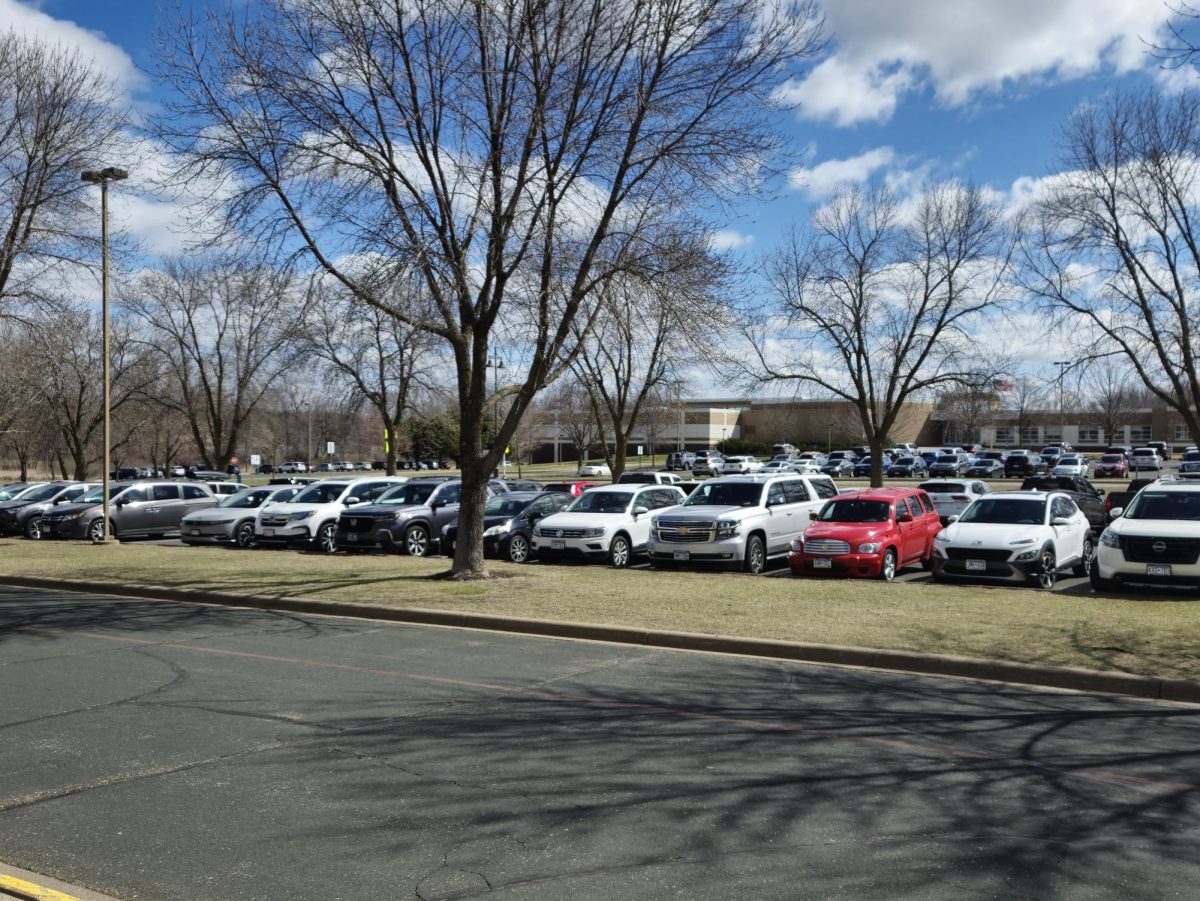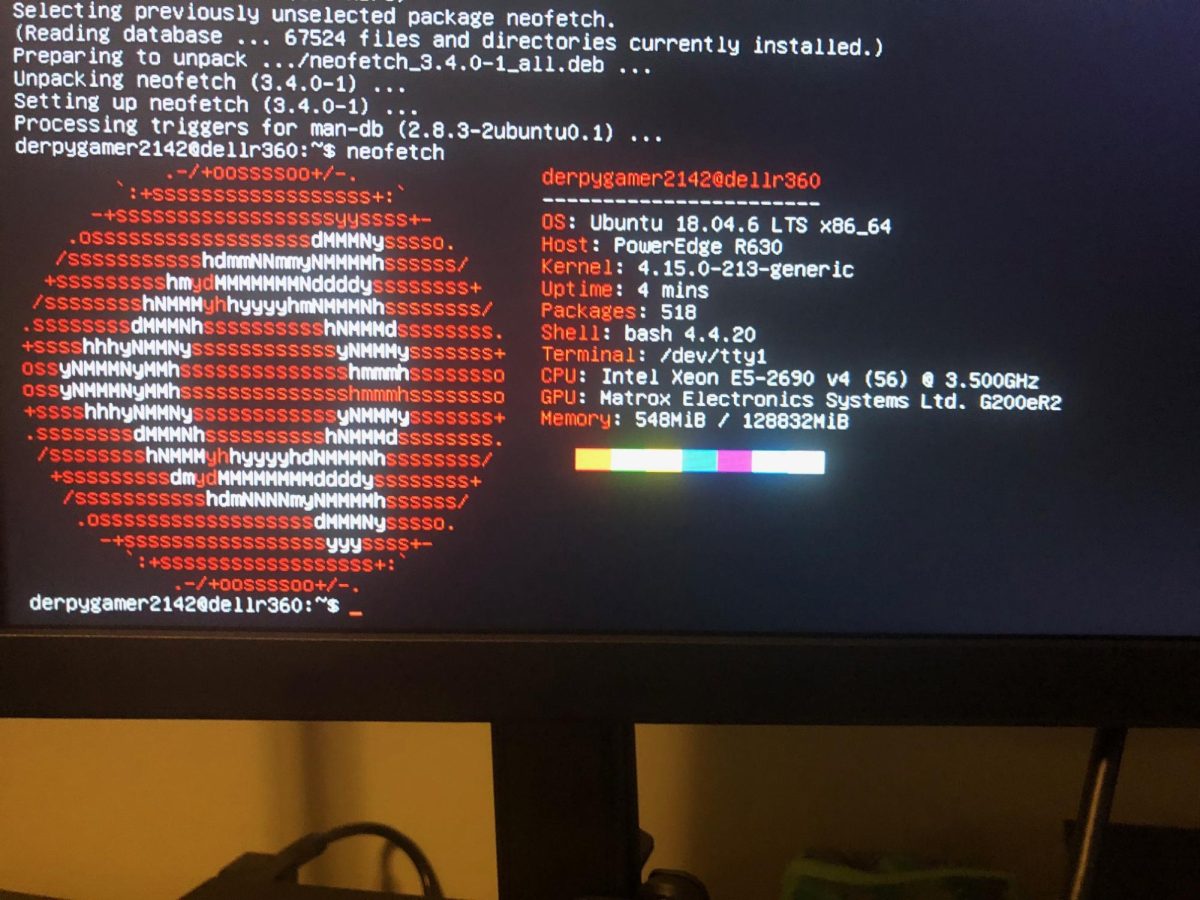Talia Zadeh
Assistant Editor-in-Chief
“We are here to show our anger and show the world and our government that this is too much,” said Ahmed, a 25-year-old demonstrator. “We have nothing left but to voice our anger, but will the government listen?” On Tuesday, Jan. 25, thousands of Egyptians, including Ahmed, took to the streets to protest poverty, rampant unemployment, and the corrupt autocratic governance of President Hoshi Mubarak. President Mubarak has ruled over Egypt for the last 30 years.
The riot police took to the street arresting and injuring hundreds
of civilains with batons and tear gas water cannons. After 18 days of conflict and mass protests in Cairo, Mubarak resigned.Omar Suleiman, Mubarak’s appointed VP, announced the resignation on Friday, Feb. 11.
“In these grave circumstances that the country is passing through, President Hoshi Mubarak has decided to leave his position as president of the republic,” a grim-looking Suleiman said during his announcement, “He has mandated the Armed Forces Supreme Council to run the state. God is our protector and succor.”
With Mubarak’s resignation, many wonder who will come to power. The military has singled out a few individuals to discuss the possibility of taking control of Egypt. Among the young people being considered, is Google marketing executive Wael Ghonim, whose online activism jump started the protests. He may be a strong leader, but Mr. Ghonim is politically inexperienced, having been involved in political activism for less than a year.
Others express concern about the Muslim Brotherhood, one of the largest Islamic political opposition groups in the Arab states. They are a candidate as well who might come to power. Kyle Ignatius, senior, commented that if the Brotherhood, or any other radical Islamic group, comes into power, it would mean many changes, even for US citizens.
“Gas prices might skyrocket from this if a radical Islamic regiment comes into power in Egypt. If any conflicts arise from this it could possibly mean the closing of the Suez Canal which has up to 7.5 percent of the world trade pass through it every day. If the canal did close it would mean that the oil coming from the Middle East would have to go around the Cape of Africa which would add around two weeks to the shipment of oil, which would drastically increase oil prices, which would be really annoying for the rest of our lives,” explained Ignatius.
“I think that Egypt is on the brink of a more Islamic government, but there’s possibility for a different outcome. All the Egyptian people really want is to be able to make this choice,” said junior Ben Engler.
Dave Herring, the history, anthropology, and political science teacher, stated he believes that countries like Egypt and Libya need selfless leaders like Washington, or the Roman, Cincinnatus. In other words, a leader who will manage the nation’s transition toward liberal democracy, but step down as well would demonstrate an orderly transfer of power. “In many revolutions, the middle can’t hold for long. Middle class liberal Russians were in power for a few months before Lenin seized power in 1917. The future of Egypt is now more unknown than ever. The Revolutions of 1848 are blueprints of how hard it is for republican leaders to win in a revolutionary environment,” added Herring.














































